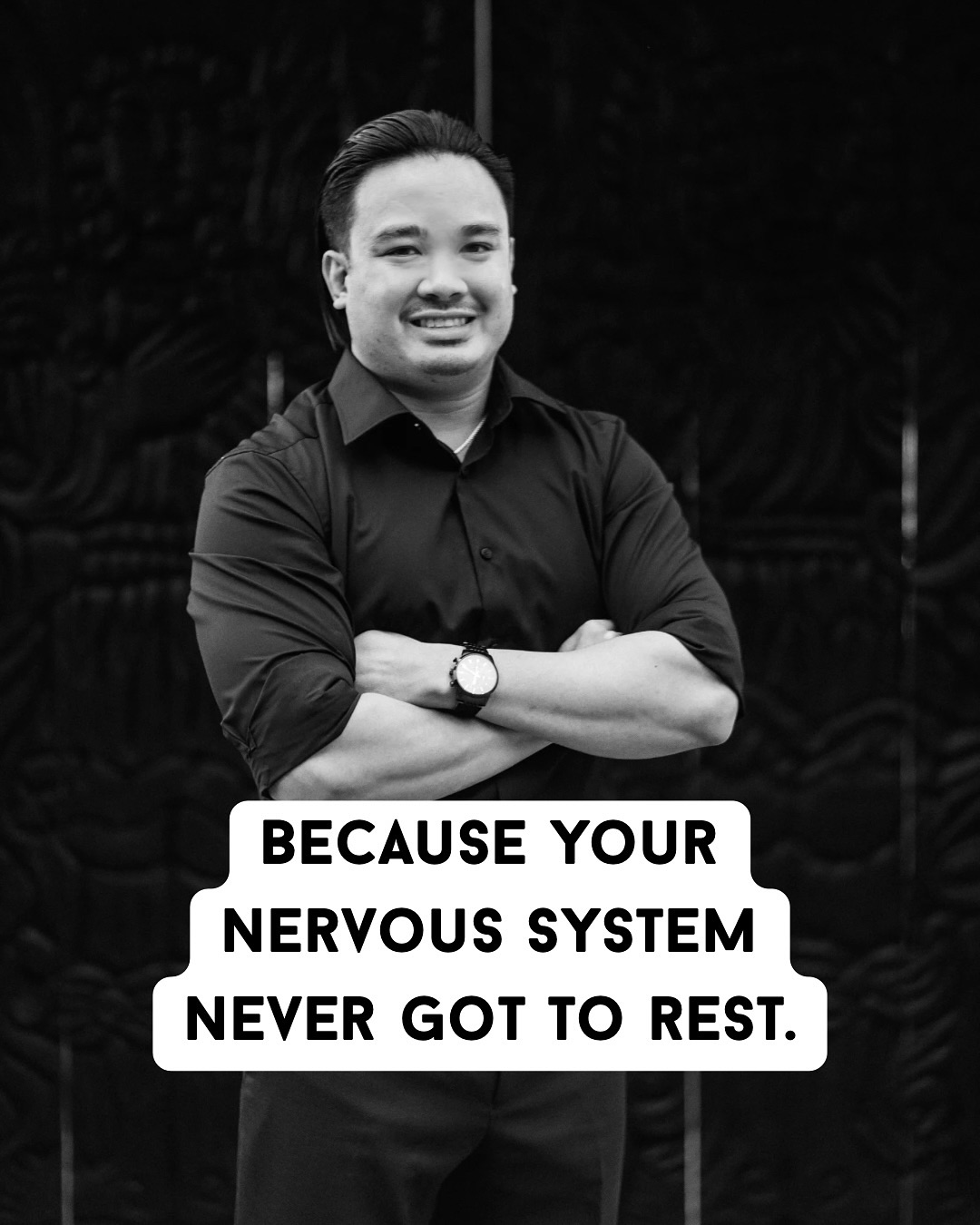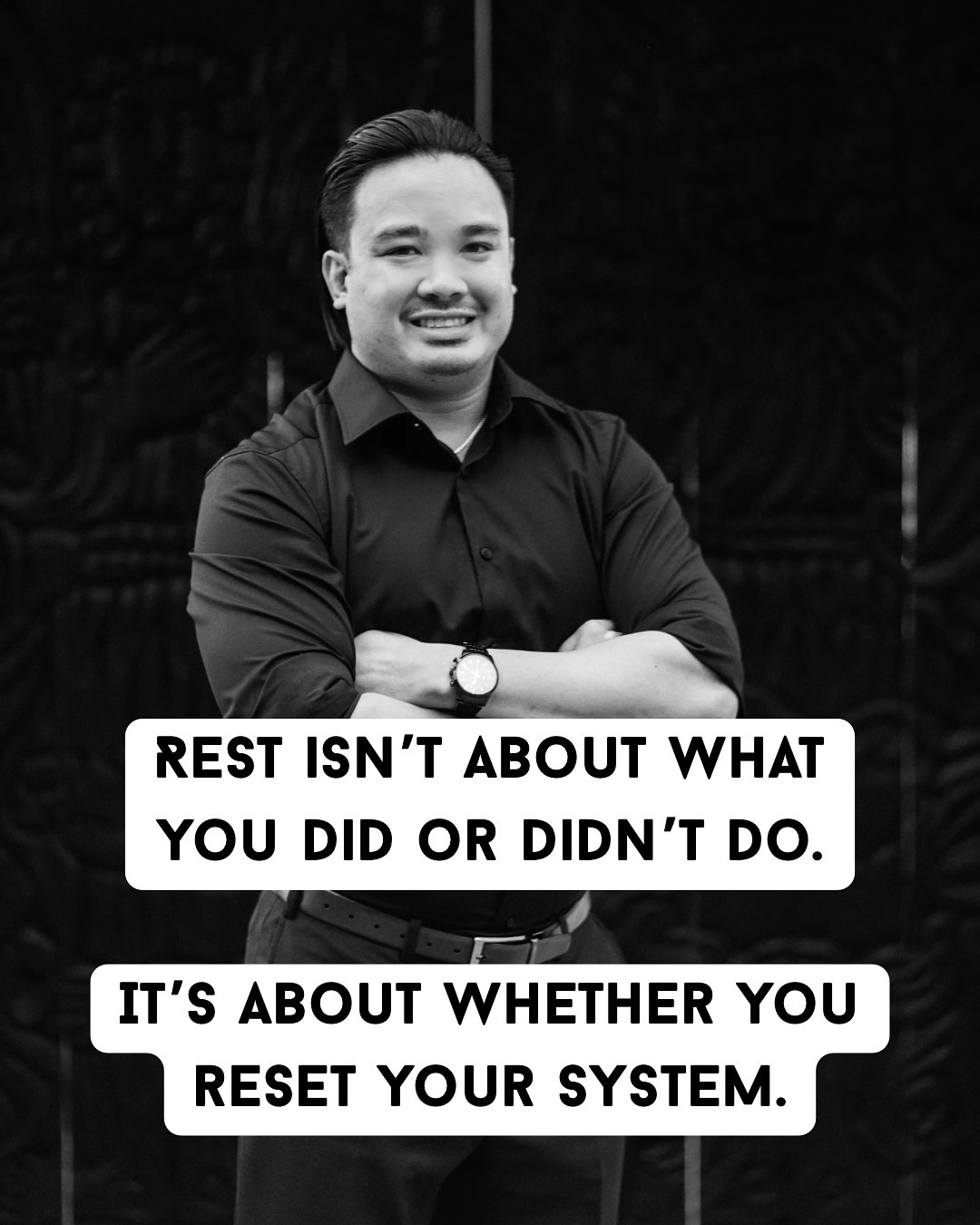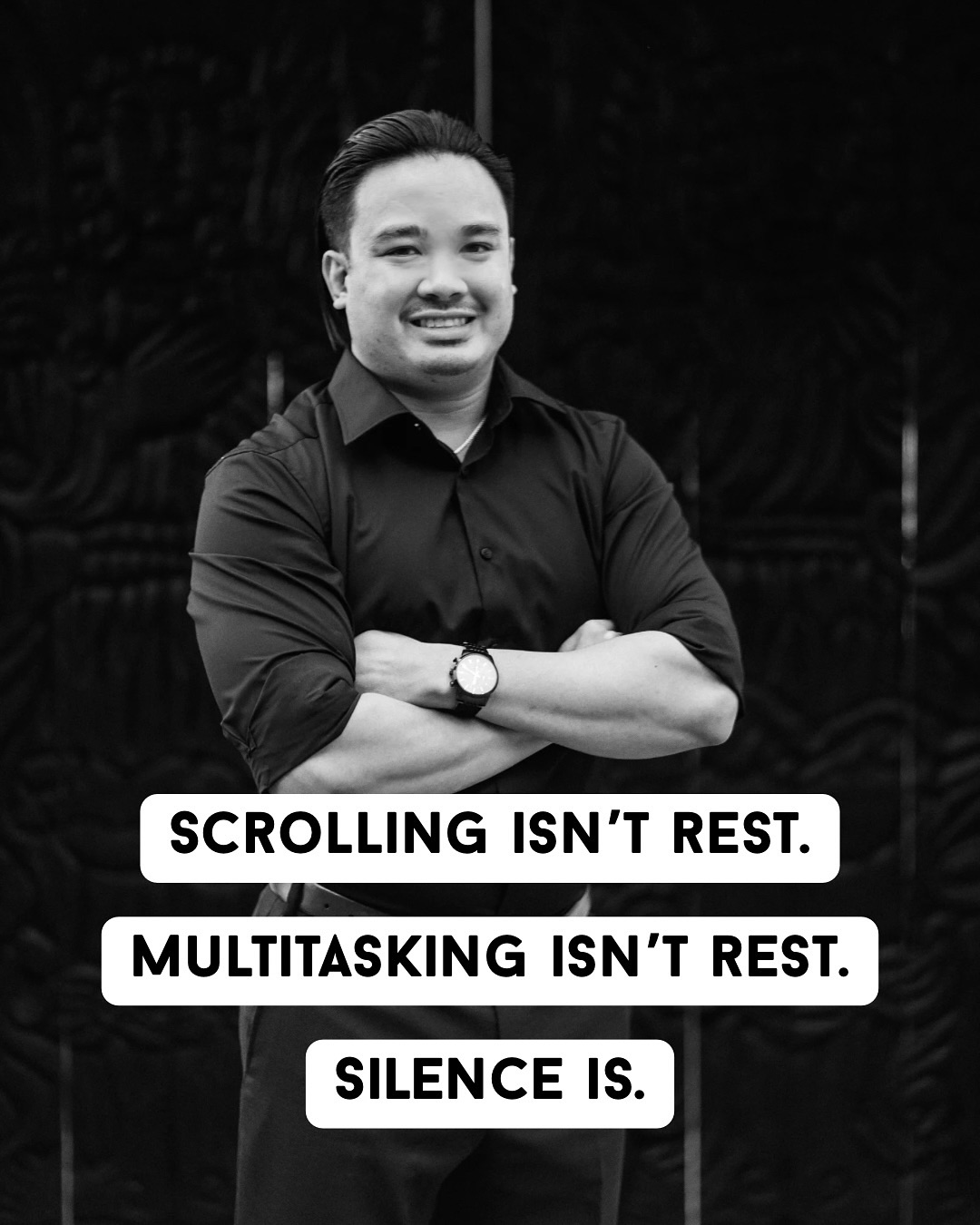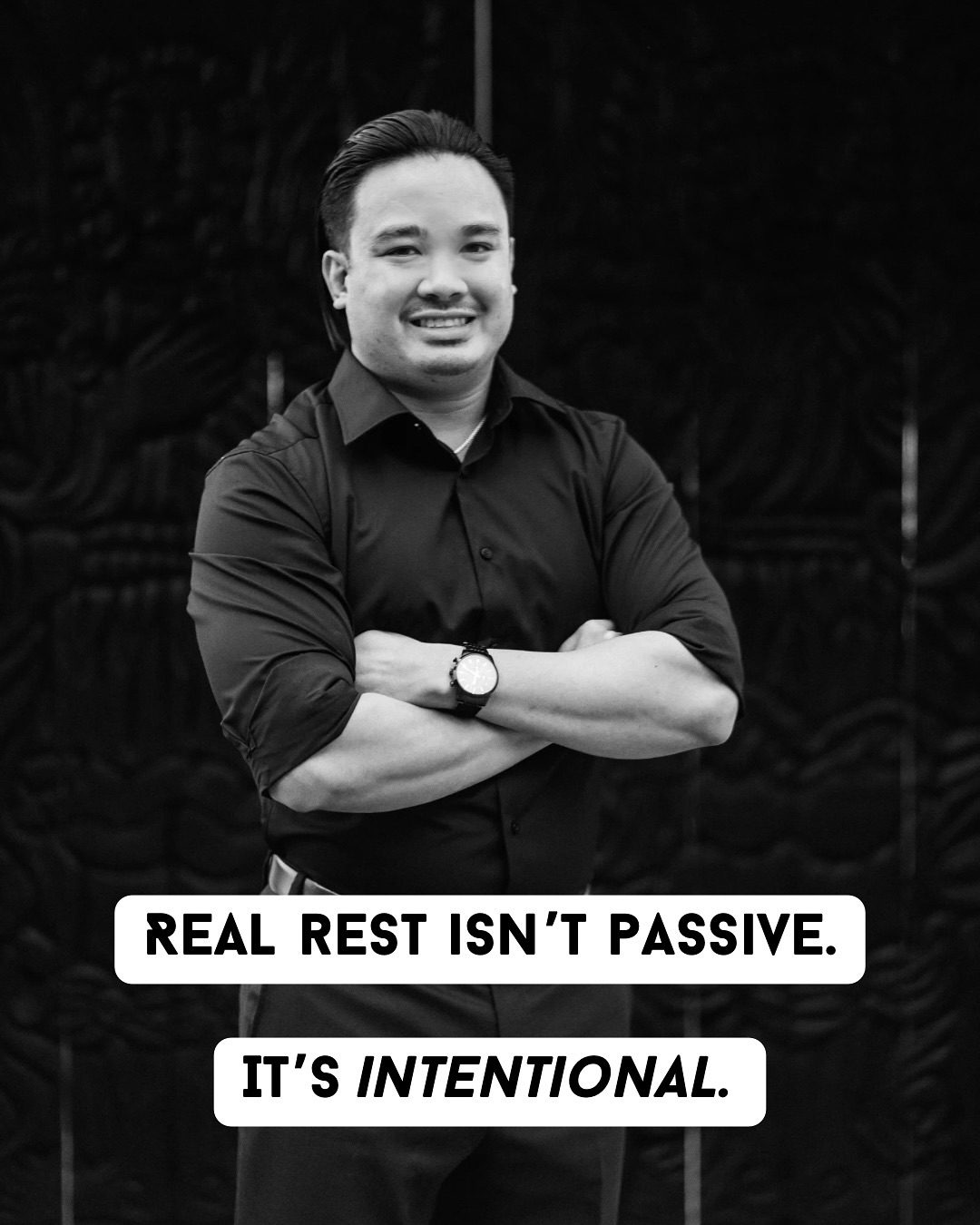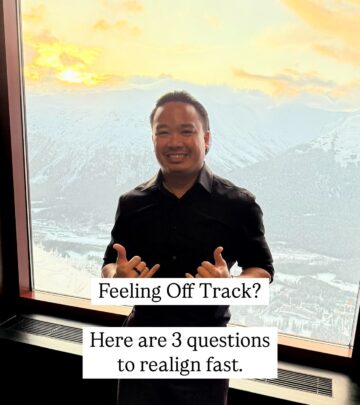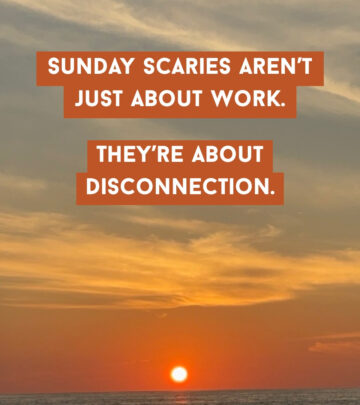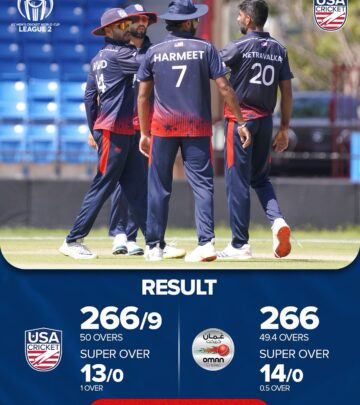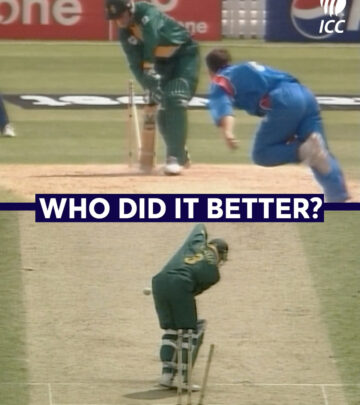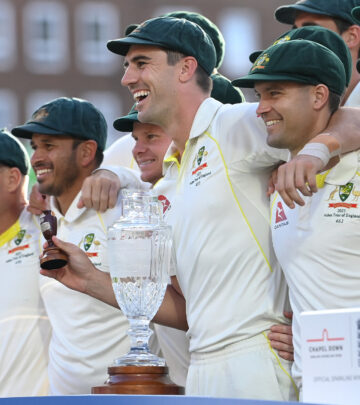Rest Recovery: High Performance Leadership
Intentional recovery boosts energy, says Clydon Vista: rest is leadership, not laziness!
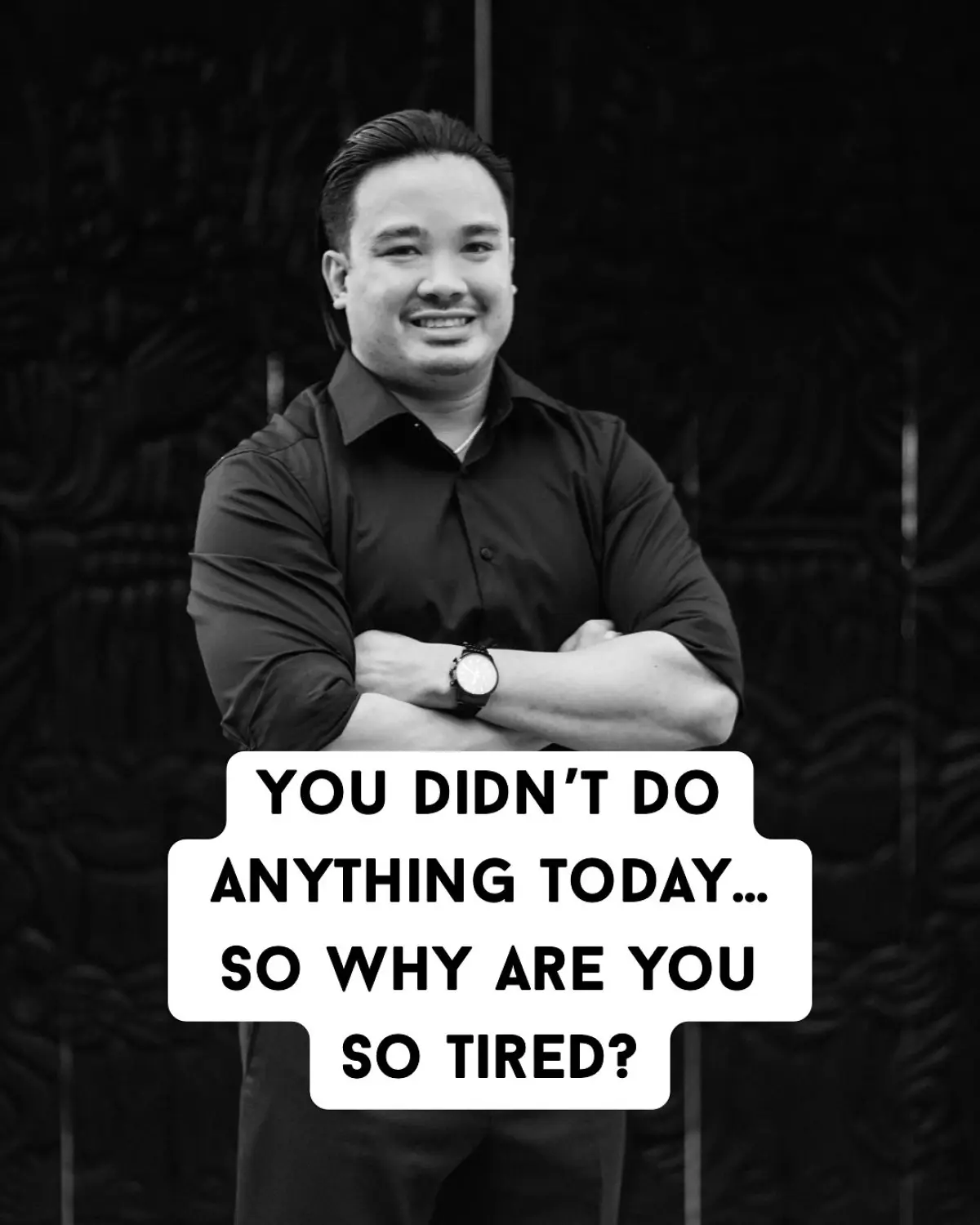
Image: Instagram
In today’s fast-paced world, many high achievers feel the sting of overstimulation, even after a so‐called rest day. Clydon Vista, a distinguished high performance life coach, challenges the conventional idea of rest. He asserts that rest isn’t the absence of effort but the presence of recovery, urging his audience to protect their peace on purpose. According to his recent social media message, feeling exhausted after a day off isn’t a sign of laziness—it’s a clear indicator that your mind and body are overstimulated.
Understanding Overstimulation
Vista explains that every rest day is a double-edged sword. On one side, the mind craves a break; on the other, a relentless barrage of digital feeds, notifications, and routine stressors keeps us in a state of constant alert. His message reverberates with the idea that burning out is a response to overstimulation rather than a lack of effort. He uses the phrase, “Rest isn’t the absence of effort—it’s the presence of recovery,” emphasizing that high performers require more than a mere pause—they need active recuperation to realign their nervous systems.
This perspective resonates widely across his community on social media. In a recent Instagram post, Vista detailed how intentional recovery can recalibrate one’s energy. The sentiment behind his words is simple yet profound: if you feel drained after a day intended for rest, it might be your system’s way of telling you that you need to restructure your recovery methods. The idea is not to indulge in inactivity, but to engage in practices that genuinely revitalize your mind and body.
Recovery As A Leadership Act
Beyond personal well-being, Vista’s insights reflect a broader philosophy—leadership begins with self-care. He argues that protecting your peace is not a sign of laziness but a spark for leadership. By choosing recovery over numbness, high performers set an example for others about the importance of self-regulation. This message is further echoed in his use of hashtags like #HighPerformanceRest, #IntentionalRest, and #LeadershipStartsWithSelf, which serve as rallying calls for individuals to reassess how they approach rest.
One of Vista’s key observations is that interventions for recovery aren’t passive. His coaching approach suggests that deliberate strategies such as establishing morning rituals, aligning weekly objectives, and even simple acts like disconnecting from incessant notifications can make a significant difference. In one of his older Instagram posts, he stressed that true transformation requires a shift from introverted isolation to purposeful action. This reinforces the idea that recovery is an active process—a journey towards reclaiming balance and fostering sustainable success.
Clydon Vista’s Coaching Philosophy
Vista’s journey from a college student grappling with stress and procrastination to becoming a high performance coach underscores his belief in the power of intentional rest. His transformation is not merely personal but professional, as he now guides high performers to invest in their energy and time. He advocates for activities that support the nervous system and promote mental clarity, urging his clients to hold onto practices that generate real recovery rather than superficial relaxation.
Viewing recovery through the lens of leadership, Vista challenges his followers to track their recovery like any other productivity metric. He emphasizes that a well-rested mind is the first step toward effective decision-making, improved focus, and ultimately, sustained high performance. His message also encourages a reflective practice: if you feel fragmented or overwhelmed, pause to evaluate what truly replenishes your energy.
In his expansive digital presence, Vista has shared several actionable tips. One motif he revisits is that consistency in recovery routines stems from systems built on intentionality, not just fleeting bursts of motivation. For instance, instead of treating Monday as a reset button, he recommends aligning your week by starting each day with mindfulness and a clear plan. These insights not only promote physical recovery but also equip high performers with the mental tools necessary to lead both professionally and personally.
Embracing A New Paradigm Of Rest
The overarching theme in Vista’s narrative is that modern challenges require a modern approach to recovery. His message is a counterpoint to the traditional myth that rest means doing nothing. Instead, he portrays rest as a strategic, active intervention—one that serves as the foundation for sustained ambition and creativity. By urging his audience to save his advice for the next recovery day, he is calling for a culture where protecting one’s peace is as important as chasing professional milestones.
Indeed, Vista’s approach is about recalibration—a chance to reassess routines, realign priorities, and rebuild from within. His guidance is especially timely amid the constant distraction of today’s digital world, making his coaching philosophy resonate with high performers who are looking for more than just a break: they seek to lead a life with clarity, purpose, and resilience.
Drawing from years of coaching experience and a deep commitment to well-being, Clydon Vista continues to inspire high performers to reset, realign, and view recovery as a cornerstone of leadership. His insights not only empower individuals to reclaim their energy but also forge a path where self-care and success go hand in hand.
With this holistic approach, Vista reminds us all that taking care of one’s inner balance is not an act of capitulation but an essential strategy for effective leadership and long-term well-being.
Read full bio of Manjari Uppal



